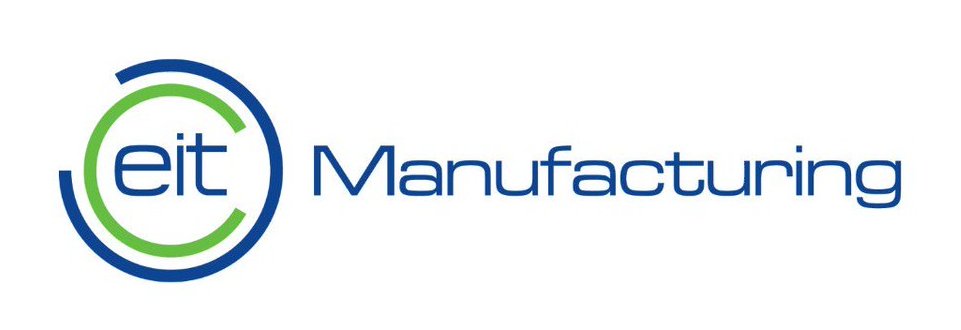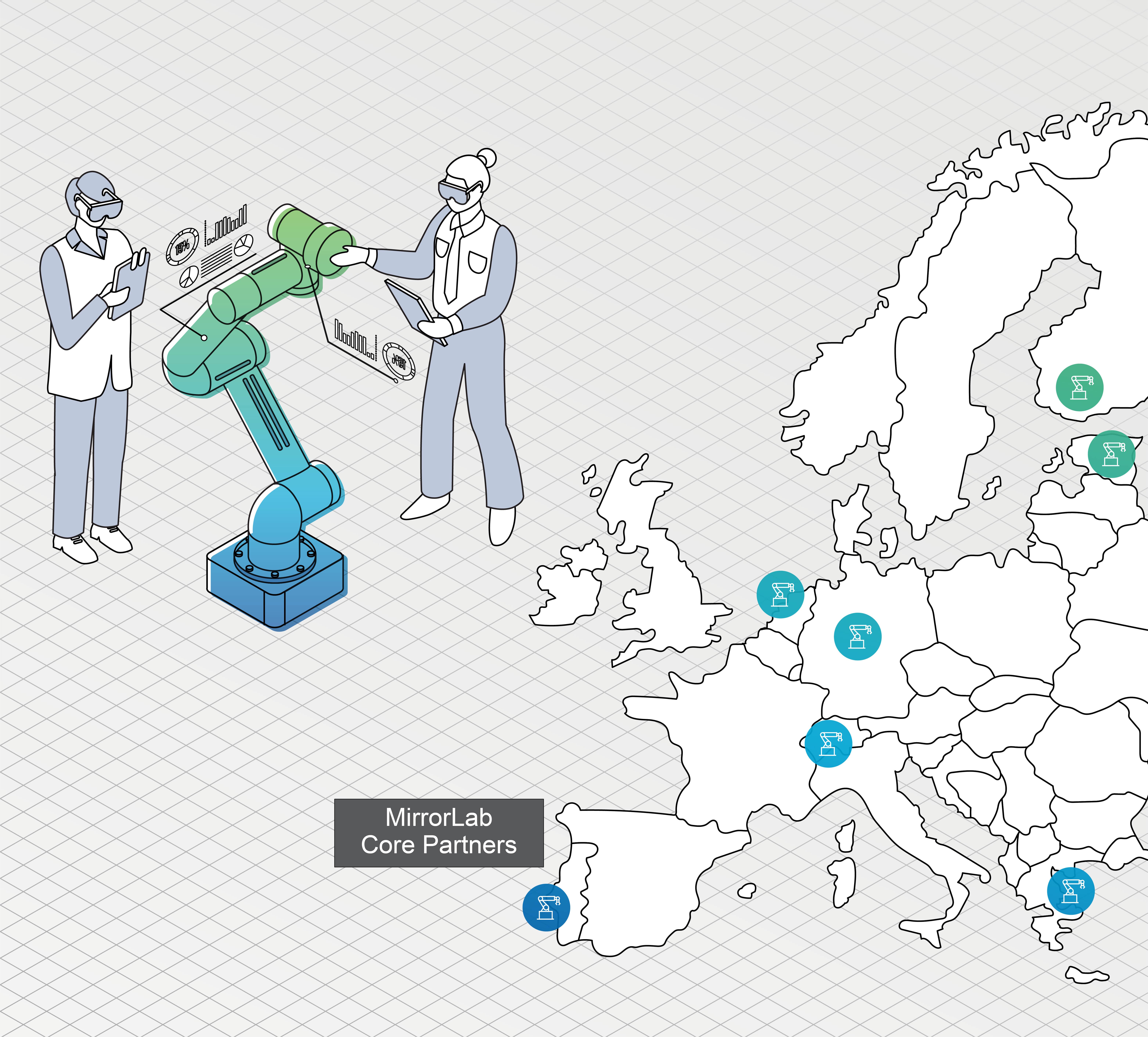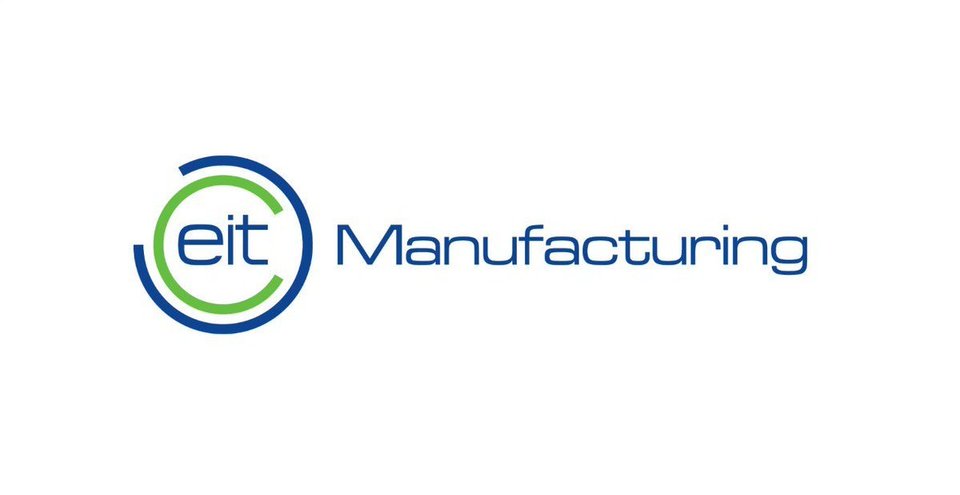MirrorLabs
Technological and demographic changes are pushing manufacturers to change their practices. In the transition towards Industry 4.0, companies across various sectors are actively incorporating ICT, robotics, and AI into their processes. As a result, the role of machine operators will change considerably, especially for those within the manufacturing industry.
The envisioned Operator 4.0 will acquire advanced capabilities, master new processes, and undergo new ways of training and learning. Based on their newly acquired knowledge and skills, Operator 4.0 will be able to work with emerging technologies, look critically at existing processes and spot opportunities for improvements.
Existing research on Operator 4.0 within the cyber-physical production systems (CPPS) and human-robot co-production focuses on the use of VR and AR within production environments. Early-stage installations are already being tested in real scenarios. However, despite their applicability in certain industrial situations, the potential of these technologies remains largely unknown. While an abundance of scenarios can be defined, many of them are based on the opinions of experts in specific fields. Mutual agreement amongst specialists is far rarer. This project finds its place in all of this by identifying viable opportunities.
It should be noted that this approach is a new one. Instead of having two experts (e.g. an AR developer and process engineer/operator) discussing the situation based on their respective knowledge, the operator learns the fundamentals and starts constructing small prototypes on their own. In essence, they will be able to come up with viable opportunities for improvement on their own and will be able to better understand input from an AR developer or AR research.
TU Delft’s Faculty of Industrial Design Engineering leads the MirrorLabs project consortium, which consists of seven European (academic) knowledge institutions. With a broad spectrum of backgrounds around the topics of automation and extended reality (XR), we connect via our commonly used hardware (e.g. UR5, Hololens, HTC Vive, etc).
Where Aalto, Braunschweig and Tartu are leading in the field of robotics and LMS (Patras) and INESC-TEC in XR, TU Delft contributes with its user-centred design approach. Thanks to the cooperative efforts and coherent interdisciplinary learning curve, our fields of expertise come together and break boundaries, leading to common ground and the development of a universal platform.
This platform provides a well-established infrastructure and tool kit for research and education.
Exposing students to MirrorLabs’ learning nuggets provides them with knowledge and skills at an early stage in their professional career. At the same time, MirrorLabs will share these nuggets via EIT Manufacturing’s learning platform for professional education. Additionally, these results can be used for professional education by SMEs in order to get started with AR/VR-based human-robot co-production.
Through this platform, all of EIT Manufacturing’s partners and interested facilities will be able to connect and jointly experiment, for instance, with AR/VR human-robot co-production. The goal is to achieve ready-to-use and easy-to-install software containers for pre-existing hardware.
This project is part of KIC EIT Manufacturing, funded by the European Union.
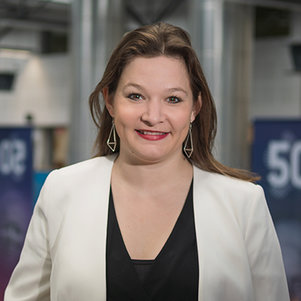
Doris Aschenbrenner
- +31 (0)15 27 89523
- d.aschenbrenner@tudelft.nl
-
Room B-3-220
Available on: Mon-Tue-Wed-Thu-Fri
"There are 10 types of people in this world, those who understand binary and those who don't"
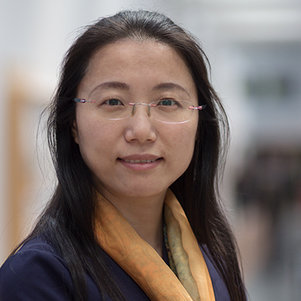
Meng Li
- +31 (0)6 4487 2125
- +31 (0)15 27 82225
- m.li-4@tudelft.nl
- Publications
-
Room C-2-130
Mo-Tu-We-Th-Fr
"A person who is devoted to the path of selfless action, is compassionate to all living beings and sees his/her Self in them, although engaged in work, is never in bondage" – The Holy Gita 5:7
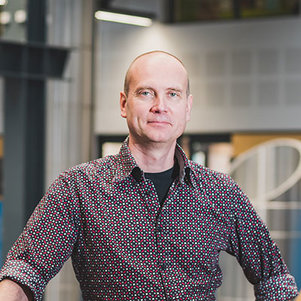
Joris van Dam
- +31 (0)6 23 55 96 42
- +31 15 27 86870
- j.j.f.vandam@tudelft.nl
-
Room B-0-080
Present on: Tue-Wed-Fri
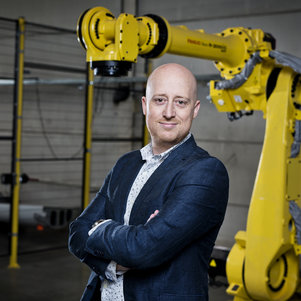
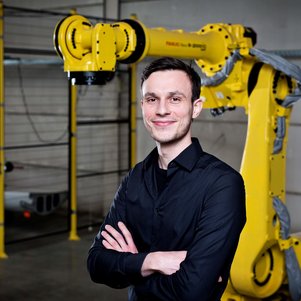
Jonas Rieder
Partners:
- Laboratory for Manufacturing Systems and Automation, University of Patras
- Aalto University
- INESC-TEC Institute for Systems and Computer Engineering
- TU Braunschweig
- TU Delft
- University of Applied Sciences and Arts of Souther
- University of Tartu


